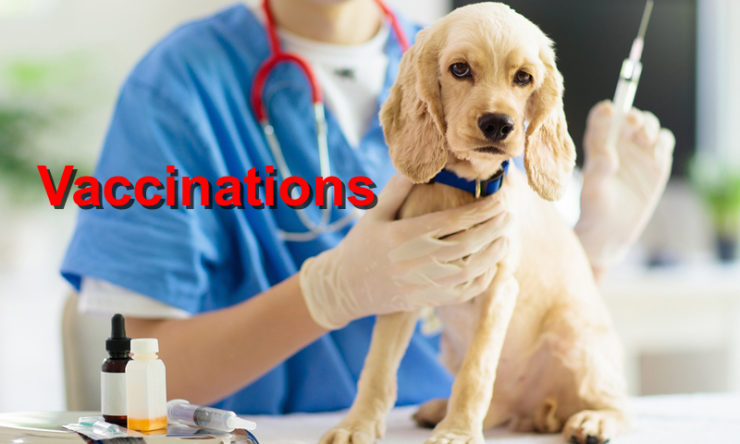Pet Vaccinations: All the FAQs answered
Just like in humans, vaccines are of utmost importance to your pet health and protect it from dangerous bacterial and viral diseases.
Unfortunately, as pet owners, we do not recognize the need to keep our pets’ health safe through vaccinations. Much of the blame lies in the little knowledge of how much little is known about vaccines.
Do I need to vaccinate my pet(s)?
While vaccination is the number one reason you would want to prevent your pet’s fatality, it’s not the only reason.
Here are the reasons we find vaccines are necessary for your pets.
- State and local laws
There are mandatory laws in the United States that need pets to get a variety of core and non-core vaccines. For example, some states need all dogs to get rabies vaccines, even for traveling.
- Protect your health
A lousy incident such as a dog bite may end up with you having rabies, which is a common transmittable yet fatal disease. So, to reduce the chance of infection, vaccines can reduce the risk of an animal to human transmission of zoonotic diseases.
- Saves costs
As much as vaccines are essential, they are much more preventative than curative. That means they help fight potential illnesses such as rabies, parvovirus before even they happen. As a result, this can help you save a lot when it comes to your pet’s health budget and treatments.
- Protect other pets
Sadly, animal to human infection is not the only danger with unvaccinated pets. There is also the chance that the zoonotic disease can jump on other pets through contact with the sick pet. To prevent such a scenario, getting all the pets vaccinated ensures there are no diseases to be passed from your cat to dog or vice versa.
Are there any dangers of working with pet vaccines?
Sadly, it’s not all gloom with vaccines since research shows there are potential adverse side-effects that could happen. Reports of adverse reactions point to effects such as:
- Vomiting
- Diarrhea
- Loss of consciousness, collapse
- Pain
- Lethargy
- Fever
- Cough
- Lack of efficacy
- Neurological disorders
As such, there are a variety of risk factors to consider before getting pet vaccination. The best advice we can offer to get your veterinarian to establish a vaccination program tailored for your pet. It will help deliver the best preventive health care unique to your pet’s protection.
Reference: AAEP, cdc.gov, AAHA, ncbi.nlm.nih.gov, ncbi.nlm.nih.gov
Copyright: Local Value


